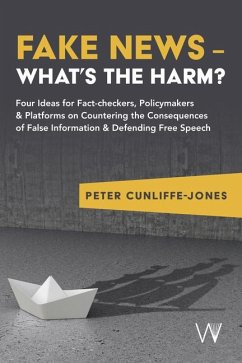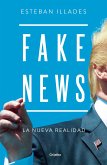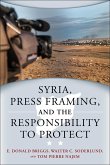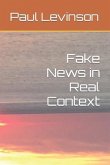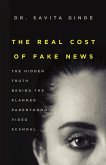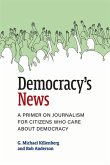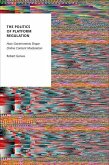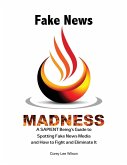Peter Cunliffe-Jones, founder of Africa's first fact-checking organisation, argues false assumptions since 2016 have both undermined efforts to counter the consequences of false information and curbed freedom of speech. He proposes four ideas for fact-checkers, policymakers and platforms: First, "information disorder" is broader than "false news". Second, consequences of false information in offline settings can be as great or greater than if spread online. Third, consequences also emerge via effects on the understanding of policymakers; not only the public. Fourth, identifying factors that shape the potential of specific false claims to cause specific harms makes it possible to focus attention on potentially harmful false information and defend freedom of speech. And he describes a 2024 trial by three fact-checking organisations proving the practicality and utility of the model proposed.
Hinweis: Dieser Artikel kann nur an eine deutsche Lieferadresse ausgeliefert werden.
Hinweis: Dieser Artikel kann nur an eine deutsche Lieferadresse ausgeliefert werden.

